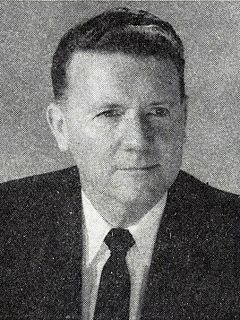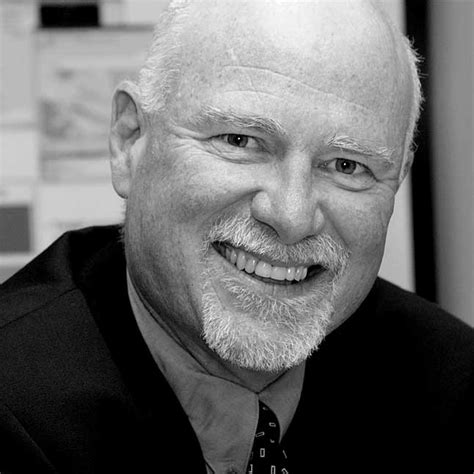A Quote by Frederick Lenz
What you gain in internal knowledge goes from one lifetime to another. It is not wasted. Unlike those stone edifices that will fade, your internal knowledge will stay with you from one incarnation to another.
Related Quotes
The importance of language in gaining knowledge is doubtless the chief cause of the common notion that knowledge may be passed directly from one to another. It almost seems as if all we have to do to convey an idea into the mind of another is to convey a sound into his ear. Thus imparting knowledge gets assimilated to a purely physical process.
Our time has been distinguished, more than by anything else, by a mastery, a control, of the external world, and by an almost total forgetfulness of the internal world. If one estimates human evolution from the point of view of knowledge of the external world, then we are in many respects progressing. If our estimate is from the point of view of the internal world, and of oneness of internal and external, then the judgment must be very different.
If it is not strong upon your heart to practice what you read, to what end do you read? To increase your own condemnation? If your light and knowledge be not turned into practice, the more knowing a man you are, the more miserable a man you will be in the day of recompense; your light and knowledge will more torment you than all the devils in hell. Your knowledge will be that rod that will eternally lash you, and that scorpion that will forever bite you, and that worm that will everlastingly gnaw you; therefore read, and labor to know that you may do--or else you are undone forever.
This society in which knowledge workers dominate is in danger of a new "class conflict" between the large minority of knowledge workers and the majority of workers who will make their livings through traditional ways, either by manual work... or by service work. The productivity of knowledge work - still abysmally low - will predictably become the economic challenge of the knowledge society. On it will depend the ability of the knowledge society to give decent incomes, and with them dignity and status, to non knowledge people.
Surely knowledge of the natural world, knowledge of the human condition, knowledge of the nature and dynamics of society, knowledge of the past so that one may use it in experiencing the present and aspiring to the future--all of these, it would seem reasonable to suppose, are essential to an educated man. To these must be added another--knowledge of the products of our artistic heritage that mark the history of our esthetic wonder and delight.
A father would do well, as his son grows up, and is capable of it, to talk familiarly with him; nay, ask his advice, and consult with him about those things wherein he has any knowledge or understanding. By this, the father will gain two things, both of great moment. The sooner you treat him as a man, the sooner he will begin to be one; and if you admit him into serious discourses sometimes with you, you will insensibly raise his mind above the usual amusements of youth, and those trifling occupations which it is commonly wasted in.
































